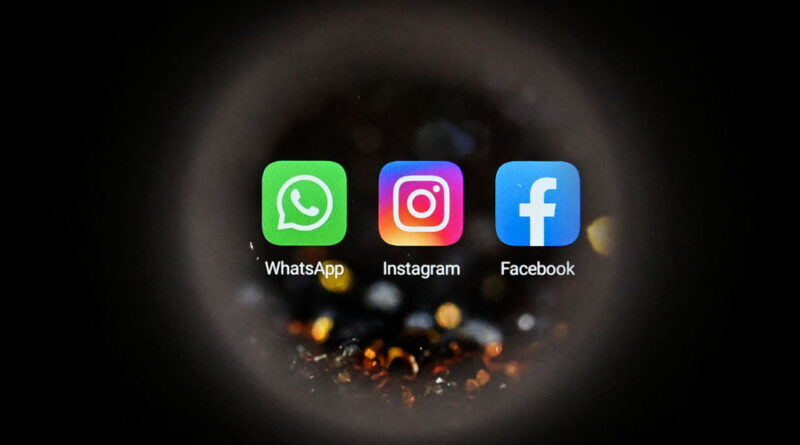State Ban on Social Media for Children Could Have Negative Consequences, Warns Peter Menzies
Commentary
Sometime before the year is out, at least one country plans to turn social media into an almost adults-only experience.
The details haven’t been finalized, but it appears that having an account on platforms like Instagram will only be legal once a person has turned 16. The reason, Australian Prime Minister Anthony Albanese has declared, is that “we know social media is causing social harm and it is taking kids away from real friends and real experiences” and “parents want their kids off their phones and on the footy field. So do I.”
“We are taking this action because enough is enough.”
There’s not a lot of evidence yet that Canada is considering going down the same path, perhaps because Facebook and YouTube already restrict access to those under 13 years old, as is the case in Australia. But politicians will do what they think will win them votes, so don’t be surprised if sometime in the year ahead at least one of the parties in Parliament proposes something similar to Mr. Albanese’s adventure. After all, it doesn’t get much more motherhood and apple pie than protecting children.
Certainly, the days of the free and open internet have come to an end in Canada. And, increasingly, people assume, as Mr. Albanese does, that “social media is causing social harm.” That might have as much to do with the fact that media themselves tend to report when something bad happens to someone via social media—which it does—while neglecting its benefits. As the old saying goes, “newspapers never report when airplanes land safely.”
Then there is the issue of age verification. Australia recently introduced a “voluntary” digital identification system designed to allow people living there to identify themselves online. That comes into effect Dec. 1. But if Australia’s plan to put firm age limits on social media access comes into effect, there will be nothing “voluntary” about the plan at all because everyone who wants to access their social media accounts will have to verify that they are old enough to do so.
Further, teenagers are nothing if not crafty and, if their parents are no longer worried that they have access to social media, will likely just use virtual private networks (VPNs) which will allow them to digitally relocate themselves outside Australia and its new laws. Or, instead of idling away their time on Instagram, form social networks through video games or even good old-fashioned texting. There is no reason, in other words, to believe that Albanese’s dream of millions of Australian young people flooding the “footy” fields, cricket pitches, tennis courts, gyms, and swimming pools will come to pass.
Then there is the risk that by preferring state intervention over parental management, Australia will throw the baby out with the bath water, i.e., deny young people access to all the good things social media has to offer them due to its fear of potential harms.
“It also means that very large online platforms are going to be let off the hook in making necessary reforms to the quality of content on their platforms, as this simply places a gate at the door rather than improving what’s on the other side,” he wrote in a post on LinkedIn.
It’s a truly dreadful track record, but it has set the table and the mood for more. We all want our children to be safe. Of course we do. But chasing them into the shadows and dark alleys of the internet while forcing us all to submit to a digital ID is unlikely to advance that cause.
Views expressed in this article are opinions of the author and do not necessarily reflect the views of The Epoch Times.





